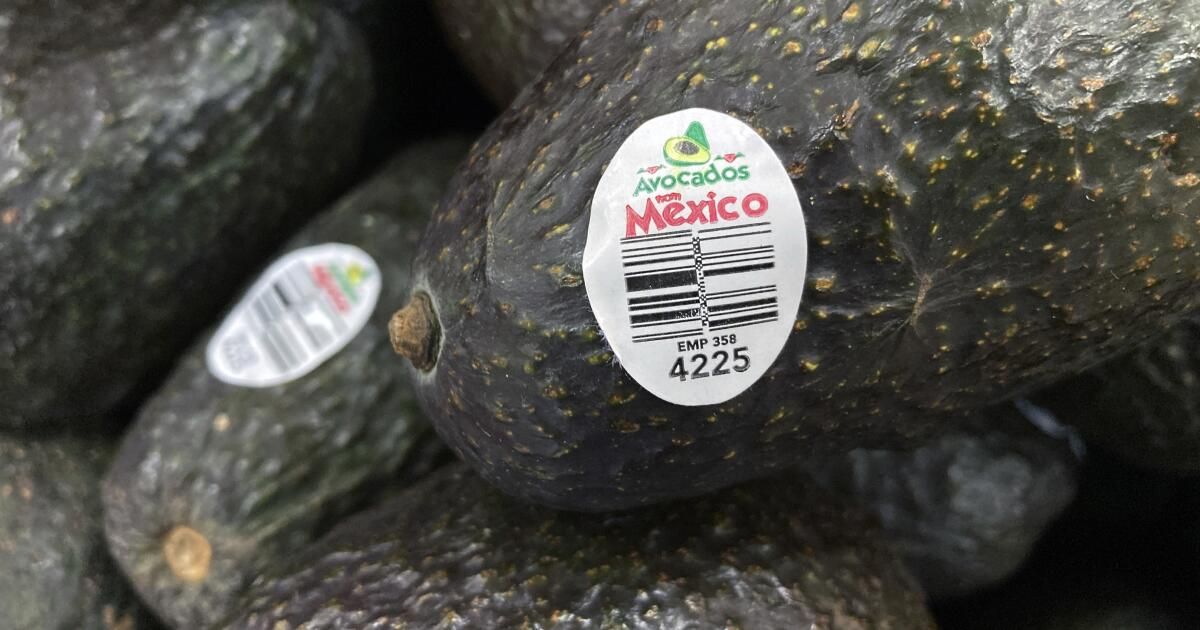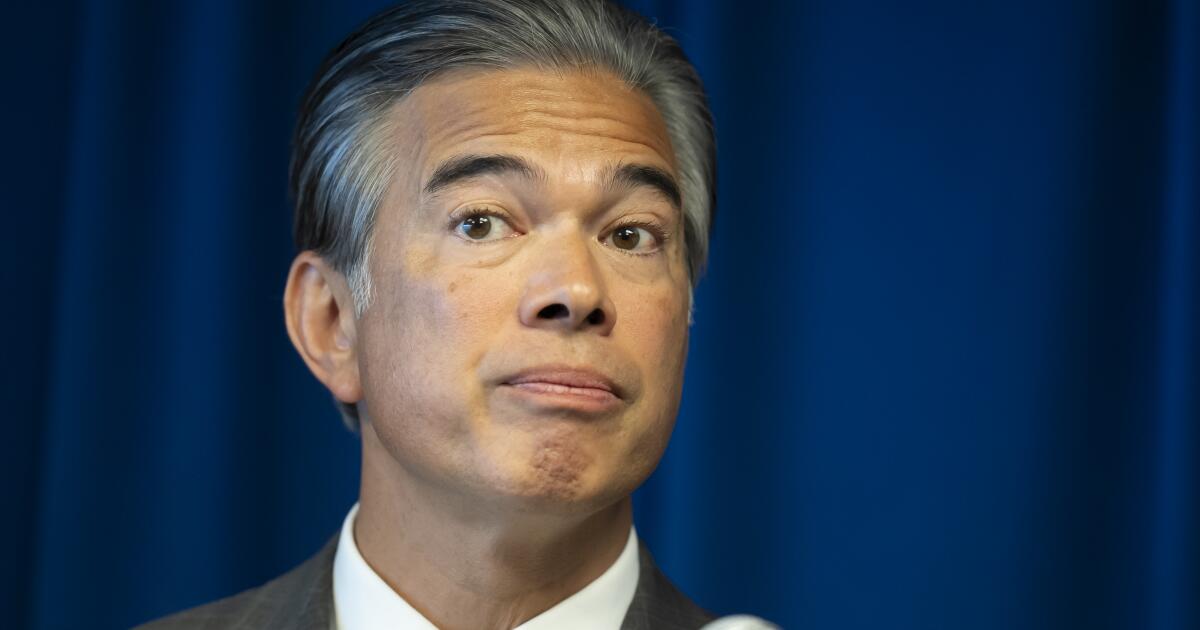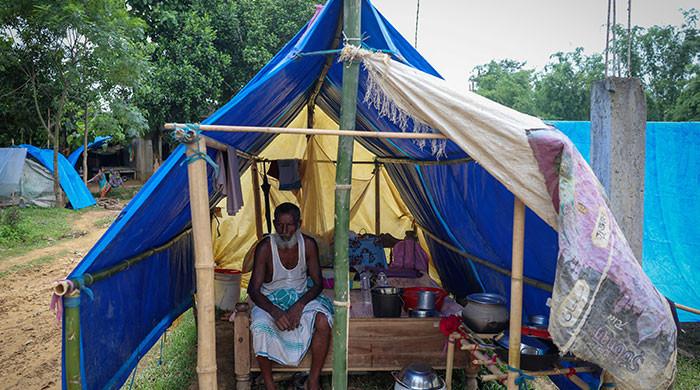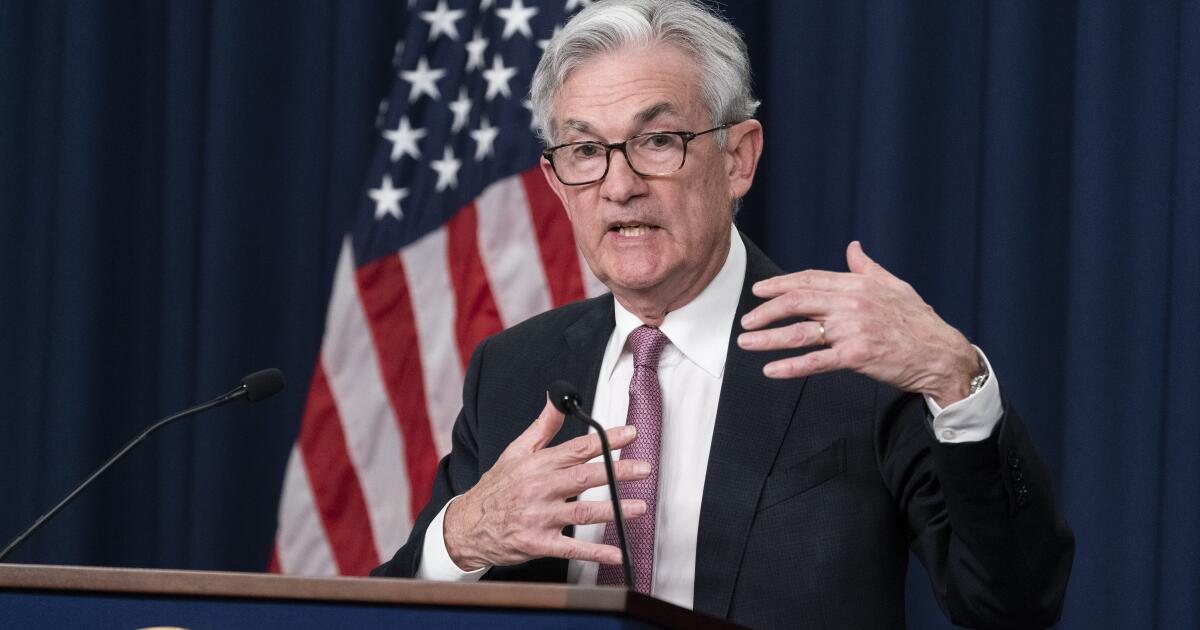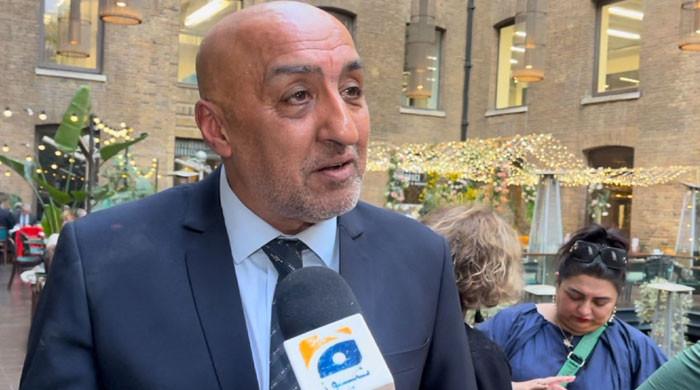The United States will “gradually” resume inspections of avocados and mangoes from the Mexican state of Michoacan, the US embassy here said on Friday, clearing the way for a possible resumption of exports to the US.
U.S. Department of Agriculture inspections were suspended Monday after two inspectors were “attacked and detained,” according to Ken Salazar, U.S. ambassador to Mexico.
In a statement Friday, Salazar did not specify when inspectors would return to Michoacán, which is Mexico's top producer of avocados but is convulsed by gang violence. “We are optimistic that this matter is going in a positive direction,” Salazar said.
But he added that the issue remained a “challenge” and that Washington would not be satisfied until the inspectors “can continue their work free of threats to their security.”
The interruption of shipments from Michoacán of the popular and highly profitable fruit colloquially known as “green gold” sparked a bilateral controversy.
U.S. and Mexican officials are scheduled to meet Monday in Morelia, capital of the state of Michoacán, to discuss the inspection issue.
Mexican authorities, including President Andrés Manuel López Obrador, have promised to strengthen security measures if necessary to resume inspections and reopen the avocado pipeline.
“If they feel there are threats to their inspectors, we will seek to protect them, as we have always done, and help them do their job,” López Obrador told reporters Wednesday at his regular news conference. “There will not be any problem”.
The suspension of USDA inspections did not affect fruit already in transit or produced outside of Michoacán.
In the city of Uruapan, Michoacán, a center of the avocado industry, unemployed farm workers have been asking motorists for help in recent days, local media reported.
Michoacán, a sprawling state stretching from Mexico City west to the Pacific Ocean, exports more than $3 billion a year in avocados, officials say, mostly to the United States. Mexico is the largest producer of avocado in the world.
But Michoacán is also a violent battleground for organized crime syndicates competing for a number of lucrative businesses, including drug smuggling, kidnapping, illicit logging and extortion in the avocado sector.
Criminals prey on avocado orchard owners, farm workers, and drivers transporting avocados for export, among other targets.
U.S. and Mexican officials have provided conflicting accounts of the incident that led to the closure of inspections. Mexican authorities have disputed Salazar's characterization that the inspectors were “attacked and detained.”
On June 14, according to Michoacán Governor Alfredo Ramírez Bedolla, the USDA inspectors, both Mexican citizens, were traveling in a vehicle that was among about 50 “trapped” during a road blockade in the municipality of Paracho. Criminal groups and residents protesting over various issues periodically closed roads in Michoacán and other parts of Mexico.
That day, police officers blocked the highway, demanding back payments, the governor told Mexican media outlet Radio Formula. According to the governor, the inspectors were not attacked. The inspectors spent the night in Paracho, the governor said.
“They were not kidnapped. They were never in captivity,” she said.
This was not the first time that US inspectors faced problems in Michoacán.
Two years ago, Washington suspended imports of avocado from Michoacán for a few days after a plant safety inspector was threatened. In December 2020, the United States stopped importing avocados from a region in Michoacán for a month after an armed group burned the shipments, Mexican officials said.
Avocado imports to the United States typically increase ahead of Cinco de Mayo and Super Bowl Sunday, as American consumers stock up on guacamole.
“The best avocados in the world come from Mexico,” Ambassador Salazar told reporters this week. “Without avocados we couldn't have the Super Bowl.”
Times special correspondent Cecilia Sánchez Vidal and staff writer Kate Linthicum contributed to this report.

